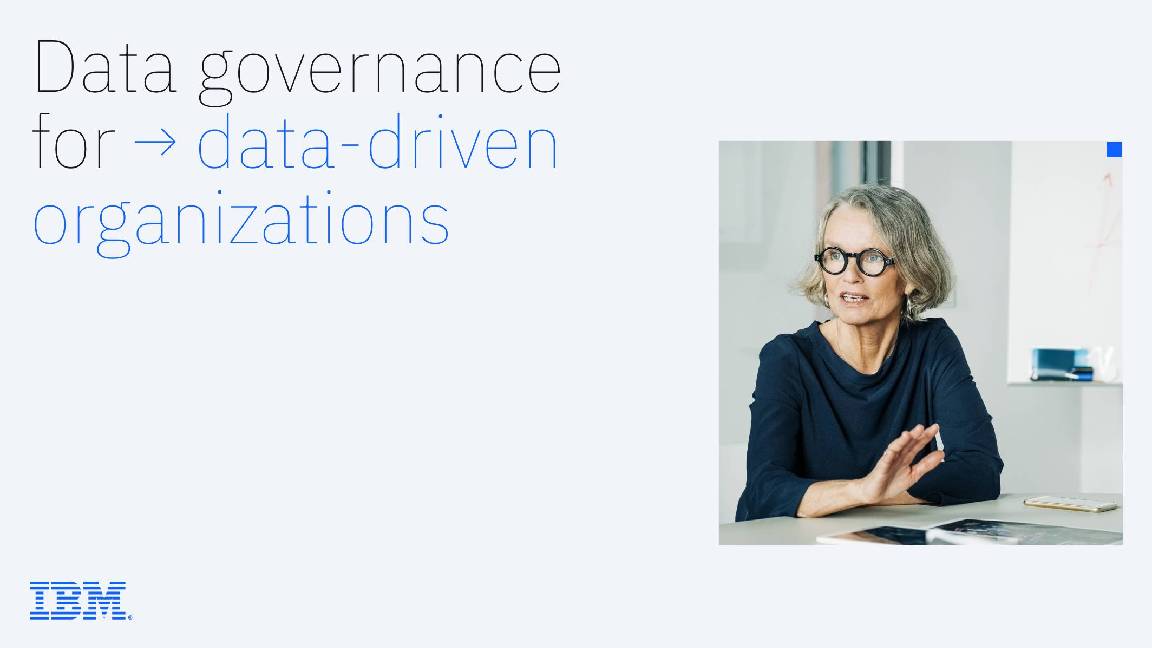Key trends that are shaping channel-focused businesses
From the rise of subscription services, to the crucial role channel partners will play in ongoing sustainability efforts, discover how to leverage these trends and make 2024 a year of success for your business.


As the channel gets down to business and contemplates another challenging year, it’s worth taking a moment to consider the key trends that will shape the market in 2024. Getting ahead of these trends and proactively building them into your strategy could be the difference between success and failure in the year ahead.
Demand for subscription services is on the rise
Across the channel, there’s strong evidence of a shift from CapEx to OpEx amongst technology buyers. Current economic conditions, which are some of the tightest the industry has experienced since the recession of 2008, are key drivers behind this shift.
At present, it’s common for companies operating in the channel to be asked for letters of credit or bank guarantees when transacting business, which demonstrates the very real pressure on cash in the system – a situation that is likely to continue beyond this year. Moving to OpEx via subscription services makes a lot of sense and provides an instant remedy to cash flow issues in the channel. Channel partners that embrace this trend will be the ones that see the most success.

There is a big caveat here, however. Subscription services will only do well if they are properly supported by a robust set of relevant service-level agreements (SLAs) and guarantees. In fact, we’re now entering a new phase in technology procurement where SLAs are becoming differentiators and, in many cases, the deciding factor in purchasing decisions. Companies that are leaders in their sectors are recognising this shift and making innovative leaps forward by ensuring that their SLAs are tied directly to customers’ C-level priorities.
For example, in the data storage space, SLAs covering uptime, minimum levels of performance, zero data loss, zero migrations, promises of no forklift hardware upgrades, and even guarantees around energy consumption and ransomware protection are now crucial factors in subscription adoption, and this trend is likely to continue for the foreseeable future.
The technology skills shortage as a driver for managed services and AI
In recent years, we’ve seen the impact of the technology skills shortage across the industry – including the channel. This isn’t likely to ease any time soon and, in fact, it’s likely to worsen in the short term as competition for technology specialists increases, resulting in demand for higher wages. This is putting further pressure on businesses, creating a situation where they must pay over the odds to secure the skilled labor they need. As a result of this wage-driven skills shortage, a trend towards increased demand for managed services in order to ensure efficient, SLA guaranteed operations has emerged.

The skills shortage is also having an impact on how the channel embraces AI for their own business as well as selling AI technologies to customers. Customers want to engage with AI services but many don’t currently have the data scientists to make those investments. The channel needs to better establish what their value proposition is around AI and what AI actually means to potential customers. Once this has been achieved, it’s likely we’ll see more emphasis on the channel investing in AI training and education, in order to bridge the skills gap through consultancy. Provided they are willing to invest and learn, channel partners can ride the AI wave, rather than be left behind.
Stay up to date with the latest Channel industry news and analysis with our twice-weekly newsletter
The focus on sustainability – arguably the clearest trend of all
Despite the current economic climate, the focus on sustainability has become an established trend in all sectors, to the point where it’s now firmly on CEO agendas. It’s one of the top three requirements in all tenders we see. The market is looking for sustainable end-to-end solutions that aren’t just focused on cost, however, or even a single vendor, but rather a holistic view of sustainability across the data center. The energy crisis, carbon neutral pledges, compliance with Scope 1 and 2 emissions, as well as a host of other standards is driving the sustainability agenda. Ultimately, being more sustainable is important for people and the planet, and essential for organizations to adopt greener practices.

Now more than ever there’s an opportunity for channel partners to play a key role in sustainability efforts, by leveraging their relationships as trusted advisors to their customers. Channel partners are ideally placed to help educate customers on what technologies will make a meaningful impact on their carbon emissions, help them cut through the greenwashing of inefficient solutions, and even persuade relevant stakeholders within the business by presenting key data. Educating customers and helping them choose and implement technologies that drive energy and power efficiency throughout the whole IT stack is key to sustained success.
Consolidation in the channel – a continuing trend
RELATED WHITEPAPER

Last year, we saw consolidation in the MSP and VAR spaces and this trend is likely to continue this year, and quite possibly beyond, as bigger companies that are cash rich are able to make acquisitions. A key driver of these acquisitions is the need to secure top talent, and a skilled digital workforce. The skills shortage means that this talent is not readily available to recruit, and training the skills into an existing workforce can take a lot of time. Securing skills such as AI expertise will open up a bigger TAM for new customer acquisition. Consolidation can be positive for the channel as it generally results in fewer companies that can offer more diversified services.
At the same time, channel companies based in the UK and across Europe are looking further afield for growth opportunities – specifically the Middle East. We’ll see more partnerships and acquisitions in the short term, as that market continues to grow.
Making the most of trends in the channel
As Louis Pasteur put it, chance favors the prepared mind. As we all work to grow our businesses in a flat economy, it’s worth keeping this in mind. Being aware of the key trends which are shaping the market and leveraging them as part of your business strategy is the best way to achieve growth in 2024 and beyond.

Geoff comes to Pure with more than 25 years of extensive IT industry experience. Most recently, he spent 18 years at Veritas and worked in several roles in sales and channel leadership. Throughout his career, Geoff has established strong relationships with partners and distributors all across the EMEA region. His decision to move to Pure was driven by a desire to work with a market disruptor that is growing and bringing exciting solutions to partners and customers around the world. His passion is building very strong teams, people development, and cross-functional collaboration.
-
 Will autonomous robotics leap forward in 2026?
Will autonomous robotics leap forward in 2026?In-depth Connectivity and cost benefits remain barriers, despite breakthroughs in physical AI
-
 AWS and NTT Data team up to drive legacy IT modernization in Europe
AWS and NTT Data team up to drive legacy IT modernization in EuropeNews Partnership between AWS and NTT DATA aims to boost AWS European Sovereign Cloud capabilities
-
 Inside the SME tech revolution: The quiet role of the channel in driving real change
Inside the SME tech revolution: The quiet role of the channel in driving real changeIndustry Insights Why the channel is becoming essential in guiding SME modernization.
-
 Why digital resilience now belongs in the channel boardroom
Why digital resilience now belongs in the channel boardroomIndustry Insights Digital technologies are placing increased responsibility on channel boardrooms
-
 Beyond the handshake: Building a purpose-built partner economy that solves customer problems
Beyond the handshake: Building a purpose-built partner economy that solves customer problemsIndustry Insights Quality over quantity will set partners up for sustained success…
-
 Why trust not tech will decide the channel’s future
Why trust not tech will decide the channel’s futureIndustry Insights When technology looks the same, the real differentiation comes from honesty and long-term relationships
-
 How the partnership model can transform the channel
How the partnership model can transform the channelIndustry Insights Collaboration and a shared understanding and commitment to solving problems is key...
-
 What the fragmentation of UC means for the channel
What the fragmentation of UC means for the channelIndustry Insights If communications are becoming fragmented, what does that mean for MSPs and VARs?
-
 How the UK public sector could benefit from strategic channel partnerships
How the UK public sector could benefit from strategic channel partnershipsIndustry Insights Is the channel the answer to the growing cost vs budget problem facing the public sector?
-
 Why MSSPs must train smarter
Why MSSPs must train smarterIndustry Insights Upskilling is key for MSSPs to move from reactive monitoring to measurable risk reduction